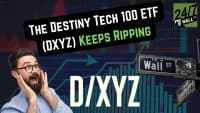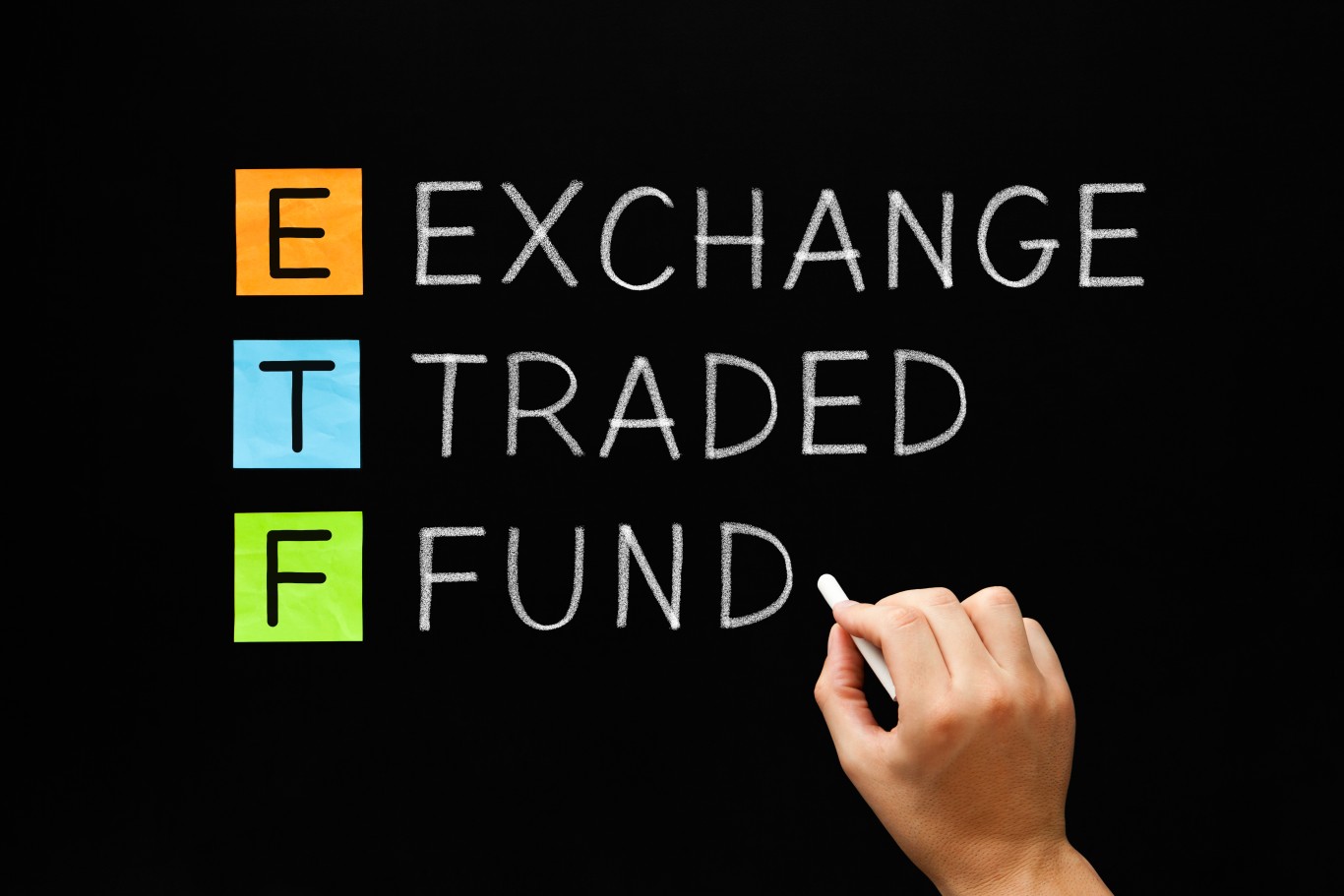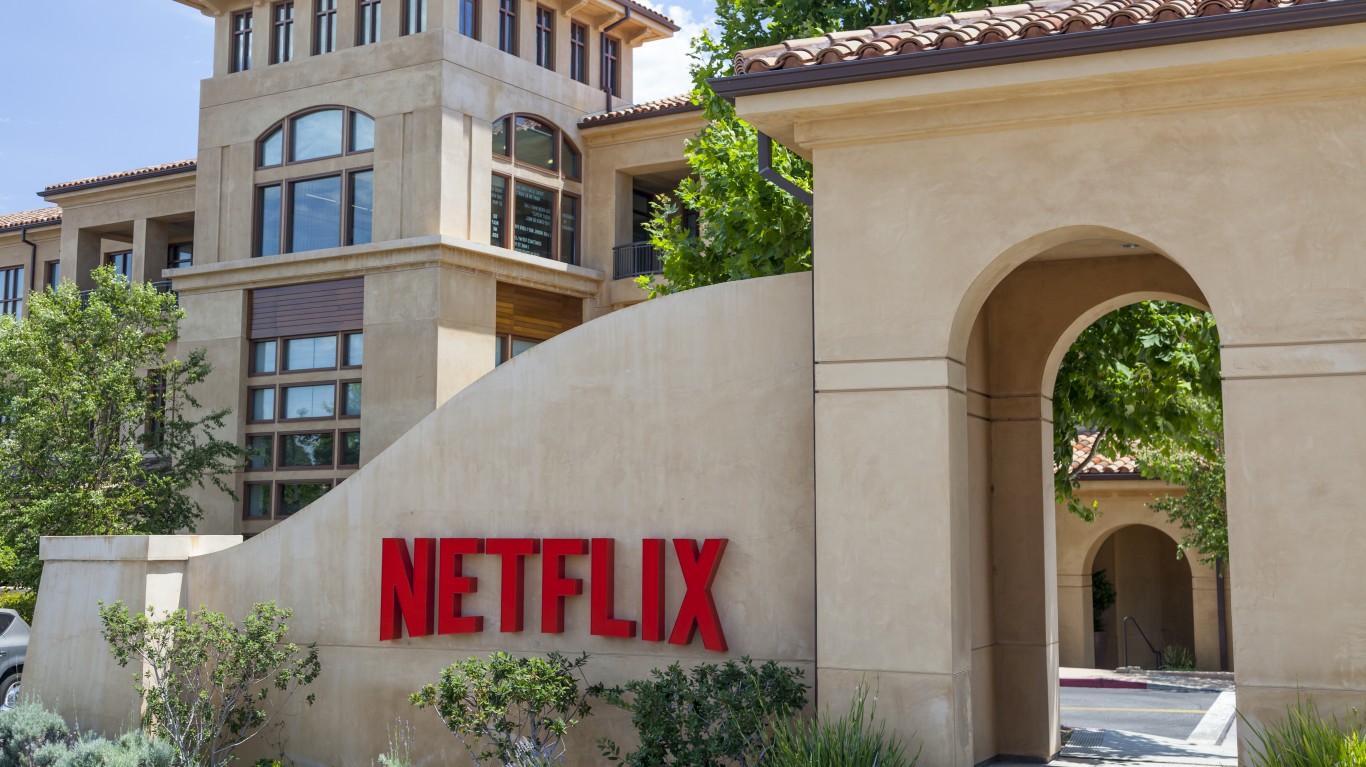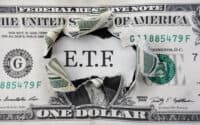Typically when stocks are added to the S&P 500, there is a flurry of buying as the stocks are actually inserted into the index and index funds. There is also a constant scan on Wall Street for what stocks could be added to the venerable index next. Many portfolio managers look through the largest cap names trying to ascertain which may be added next, and buy the stock in front of the news. In a new research report from Deutsche Bank that looks at how the market sets up for the rest of the year, the firm has a list of the 25 largest U.S. market cap companies not in the S&P 500 Index. We highlight the five largest that are based in the United States. The Deutsche Bank numbers were adjusted for the free float that trades, versus the total share count.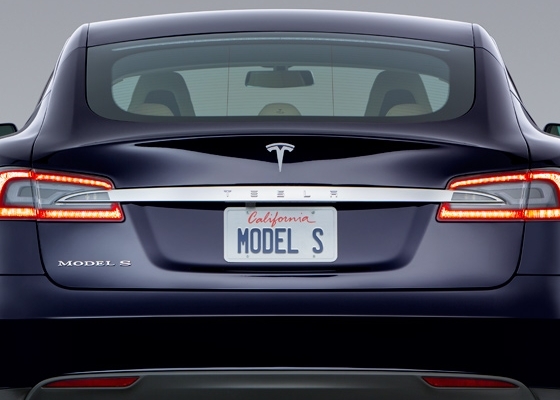
Las Vegas Sands Corp. (NYSE: LVS) has a monster float adjusted market cap of $30.03 billion, making it the largest company not in the S&P 500 Index. The actual share count market cap is a huge $62.3 billion. The company was hit hard in the recent market, giving investors are very solid entry point. Most of its revenues come from fast-growing Asia, not Las Vegas. Its primary properties are in Macau, where gambling revenues are six to seven times that of Las Vegas overall, and growing much faster. Many Wall Street firms think that Macau gambling will grow strongly going forward. Investors are paid a solid 2.6% dividend. The Thomson/First Call price target for the stock is $88.18. Las Vegas Sands closed Monday at $75.73.
Illumina Inc. (NASDAQ: ILMN) is a biotech name that may be too big to keep out of the index. With an almost $18 billion market cap, the company is the second largest stock not in. The company is a leading developer, manufacturer and marketer of life science tools and integrated systems for the analysis of genetic variation and function. It provides innovative sequencing and array-based solutions for genotyping, copy number variation analysis, methylation studies, gene expression profiling and low-multiplex analysis of DNA, RNA and protein. It also provides tools and services that are fueling advances in consumer genomics and diagnostics. The consensus price target is $166.40. Illumina closed Monday at $141.21.
Tesla Motors Inc. (NASDAQ: TSLA) ranks number three of the largest U.S. companies not in the S&P 500. The stock has a $17.89 billion market cap on a float-adjusted basis and an even higher $25.2 billion accounting for all outstanding shares. The electric car company captivated momentum traders last year as the stock took off and never looked back. The company is making some buyers in China unhappy as it is delaying deliveries. That hiccup aside, Chairman and CEO Elon Musk continues to blaze new trails with Tesla’s strong brand as an electric car company with some pizzazz. The consensus price target is $227.42, and Tesla closed Monday at $204.38.
LinkedIn Corp. (NYSE: LNKD) has a $17.175 billion float-adjusted market cap and a $21.35 billion counting all the shares. The company dominates in the interconnecting of professionals. LinkedIn has more than 300 million members worldwide, with millions more being added every year, making it the most valuable social networking site for business-to-business marketing today. The stock was eviscerated in the recent sell-off and may offer one of the most compelling values now. The consensus price objective is $251.81.The stock closed trading Monday at $176.90.
United Continental Holdings Inc. (NYSE: UAL) is a surprising name to not be in the S&P 500. The company has a float-adjusted market cap at $16.54 billion, which is right in line with the total share count cap. While United is not expected to fare as well as the other major airlines when it reports numbers for the first quarter, most Wall Street firms are bullish on the stock and its prospects for the rest of 2014. The consensus price target for the carrier is $52.29. United closed Monday at $43.78.
Many may be surprised to see some of these very large and high-profile names not in the index already. Some are newer companies, while others have had mergers recently. Investors betting on if these companies get into the S&P 500 should be able to do pretty well either way, as all these names have quality business models.
Thank you for reading! Have some feedback for us?
Contact the 24/7 Wall St. editorial team.
